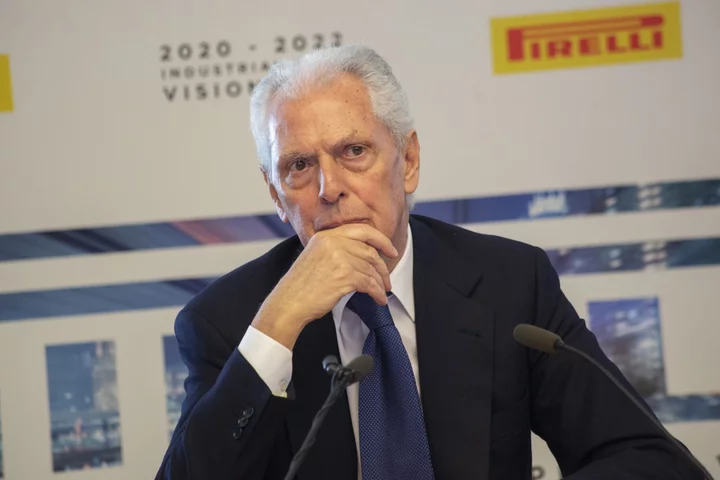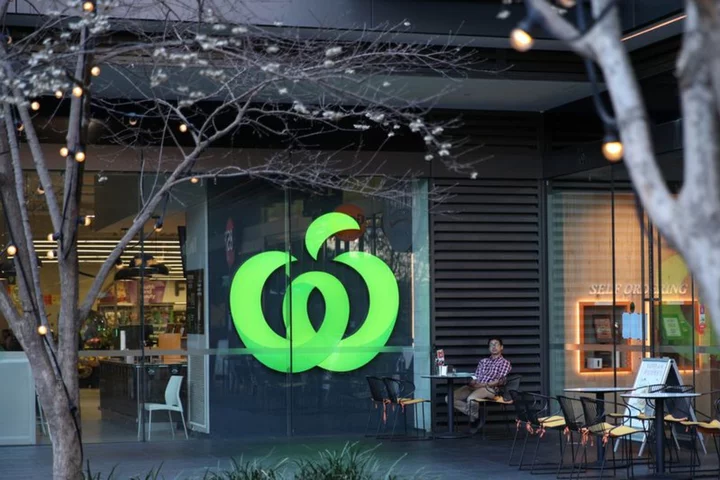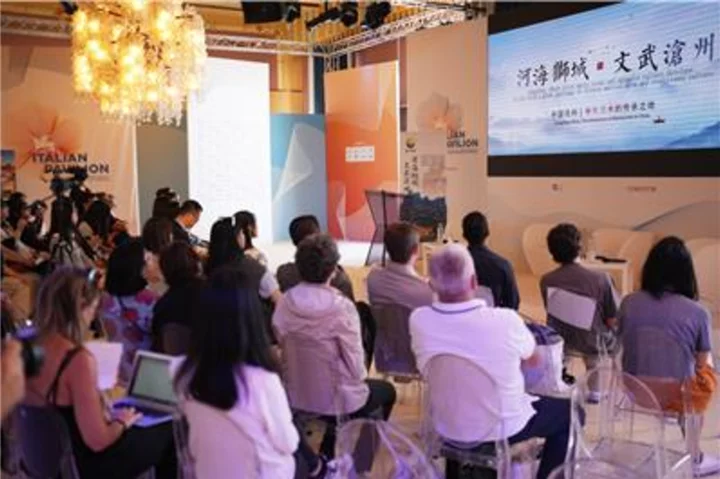Italy is preparing restrictions on Pirelli SpA’s top shareholder, China’s Sinochem, including limits to its say over company roles and veto powers for Italian investors.
Among the restrictions under consideration are veto powers barring Sinochem from taking key decisions, even if it has a majority, and excluding the Chinese investor from appointments and strategic technologies, according to people familiar with the matter.
The case of tiremaker Pirelli is a crucial opportunity for Prime Minister Giorgia Meloni to show her resolve in distancing the Italian economy from China at a time of growing technological and economic rivalry with the US. Sinochem has been the largest investor in Pirelli since 2015. It owns a 37% stake following a 2017 listing.
Read More: Italy Intends to Exit China Belt and Road Pact as Ties Sour (1)
A spokesperson for the government declined to comment. A spokesman for Pirelli, and an Italy-based spokesman for Sinochem, both declined to comment. No decision has been taken and further talks could still delay or stop the process.
Pirelli’s Chief Executive Officer Marco Tronchetti Provera and company representatives testified in a hearing with state officials Tuesday that the company could suffer possible risks, especially in its business relations with US firms, from having Sinochem as its largest shareholder, said the people asking not to be named on a confidential issue.
Sinochem is increasing pressure on the company to have more say in terms of corporate governance as the Chinese state-owned conglomerate is being asked to take a more active role in its foreign holdings, the people added.
The Chinese investor’s role has fallen under scrutiny as Italy rethinks its trade relations with China. Bloomberg was first to report that Rome was studying how to limit Sinochem’s influence in Pirelli’s governance.
Influence Limit
The potential trigger for Italy’s intervention is the renewal of the shareholder pact between Sinochem and Tronchetti Provera’s Camfin, which owns 14.1% of Pirelli. The pact requires government approval in line with Italy’s enhanced ‘golden power’ rules, and envisages that Sinochem will appoint as many as nine of the 15 board members, including CEO-designate Giorgio Bruno.
Like other western European countries, Italy is aware that cutting trade and business ties with China altogether would be economically unsustainable. But it is seeking to limit the influence of the Asian country on strategic assets, including Pirelli.
Meloni has signaled that Italy intends to exit the broader Belt and Road Initiative, an investment pact with China which Rome joined in 2019. A final decision on the issue is expected by later this month.
Meloni’s cabinet may decide on the use of so-called ‘golden power’ measures on foreign investment as soon as next week, according to the people, and in any case before June 23.
Pirelli is developing technology to embed sensors in tires to enhance performance and data gathering. Potential developments in this field are sensitive and subject to restrictions.
--With assistance from Richard Bravo.
Author: Chiara Albanese, Alessandro Speciale and Daniele Lepido









